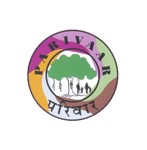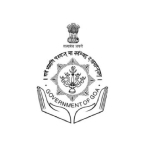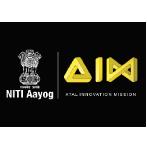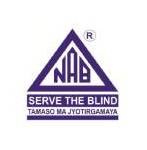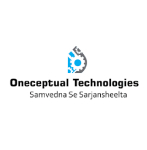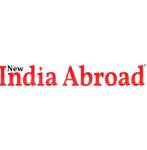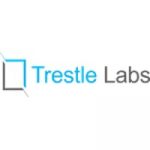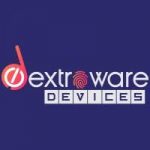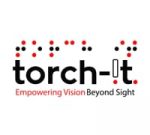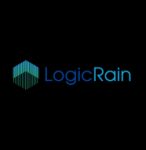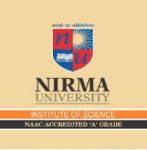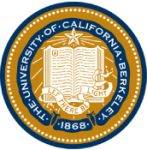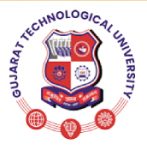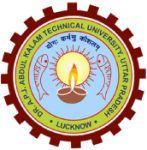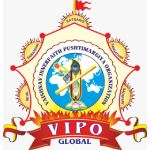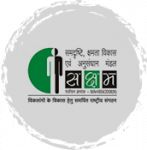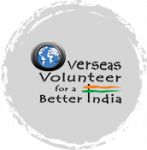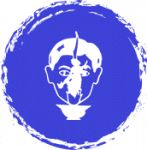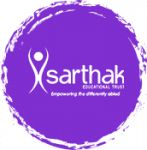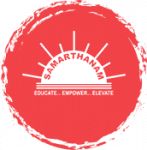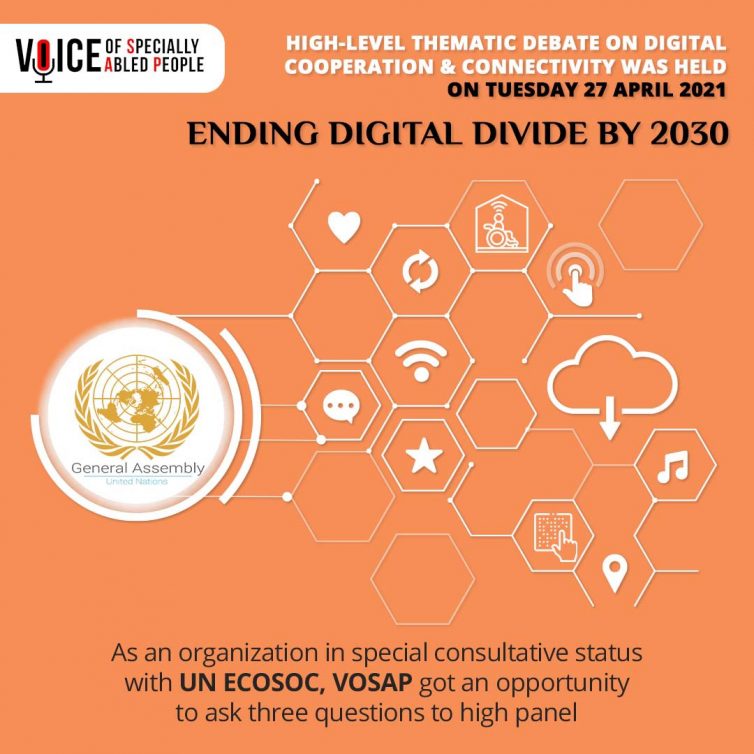
VOSAP, as an NGO in Special Consultative Status with UN, was given an opportunity to provide its inputs and ask Questions to three panels: High-Level Thematic Debate at United Nations on 27th April conducted by UN General Assembly.
VOSAP has been using digital technologies to help connect people digitally, globally by providing assistive devices to SAPs as well with innovative VOSAP app, tools to spread awareness with digital technologies to promote inclusion.
Using Digital Connectivity, VOSAP has enabled visually impaired students in school in tribal India to digitally connect with the world; VOSAP mobile app is promoting accessibility, globally, finding accessible places, lodging complaint digitally for non accessible public places; anywhere in the globe; launched world’s 1st digital/virtual Art Gallery on theme of ‘DISABILITY’ to sensitize and educate people; started research internships related to Disability.
The President of the UN General Assembly will convene a High-Level Thematic Debate on Digital Cooperation and Connectivity on Tuesday 27 April 2021.
Questions asked by VOSAP to these three panels are:
Question for Panel 1: Ending the Digital Divide by 2030: COVID-19 Recoveries to Accelerate the Decade of Action for the SDGs
Ending the Digital Divide by 2030 requires (a) availability of affordable devices by the poor, rural people also and (b) affordable, very low cost to internet connectivity.
Q: Should the member states consider narrative of ending digital divide means realizing “untapped opportunity” for inclusion, reducing inequalities and global economic expansion opportunity by investing into enabling masses with online courses digital infrastructure, devices and connectivity?
.Question for Panel 2: Equitable Access and Digital Empowerment: Securing a Safe, Inclusive, Free and Open Digital Future For All
COVID-19 pandemic has made us all realize that remote learning, remote skilling and remote working is absolutely possible with digital connectivity. It brings in huge cost savings, efficiencies, more so for Persons with Disabilities – huge equality and empowerment is possible now with digital connectivity.
Q: Should the member states consider investing into skilling of Persons with Disabilities in new type of jobs related to digital economy (ex graphic designing for social media, online chat for business clients/response etc.) once digital connectivity is provided to them?
Question for Panel 3: Greening The Digital Future: Local, Regional and Multilateral Partnership.
Digital data, information on accessibility of public places is very important for Persons with Disabilities. They can easily find the information in VOSAP mobile app (used as Public Utility App), about nearby accessible bank ATM, post office etc. This will eliminate inefficiencies, hardship for PwD.
Q: Can information on accessibility of public places be considered as important public information and be available on public website or in partnership with VOSAP platform? Currently 17,000+ places are rated and mapped during prototype project, ready to scale now globally?




